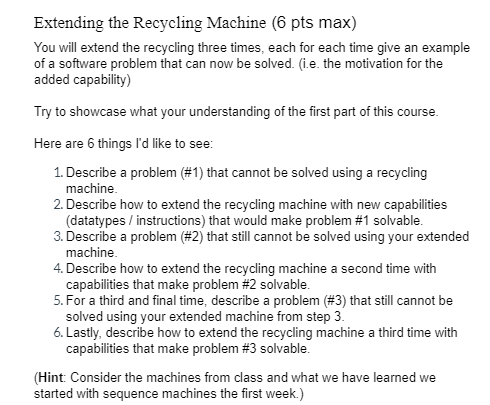i need help in these questions.
QUESTION 1
Fact: If you asked a common human being whether "Cat" and "cat" has the same meaning, they would able to intelligently say that they are mostly the same and for most purposes interchangeable in meaning.
Question:
Why does a computer disagree with that common human?
What are some examples of data that both a common human and a computer thinks are equal. ("Cat == Cat" is true!)
What are other examples of data that a common human believes are equal, but a computer thinks are not. ("Cat" == "cat" is false!).
What are two pieces of data a common human believes are not equal, but a computer disagrees? ("Cat in the hat" == "Cat" if we are using 3-char strings that lose all but the first 3 chars of a string stored therein.
Please use a variety of data types like characters, Strings, booleans, or numbers.
Question: Could you teach a computer more about what a huge concept like societal equality means if it wasn't able to guage it already?
think "Cat" == "Cat" is true, but "Cat" == "cat" is false? Why is the equality operator so exacting and inflexible?
Fact: Many Americans think, speak and/or write in languages other than English, including Spanish, Japanese, Russian, JAVA, C++, Bryce's Pseudocode, German, etc.
Question: Why do standard 8 bit characters not understand many of the special symbols present in various languages, such as ソフトウェア設計入門. They does this cause issues in developing software for use internationally?
QUESTION 2
Fact: A computer will refuse to migrate your data from a big space to a smaller space without your permission. In contrast, it has no qualms about moving your data from a small space to a larger space.
Question: Why does the computer care so much about where you move data to, rather than simply executing every instruction you write to the letter without complaint?
Question: What are the names of the two phenomena related to this behavior that have been taught in this course?
QUESTION 3
Fact: A tautological expression always evaluates to the value true.
Question: Why don't programmers use tautologies when they are trying to solve problems?
Example: Compute whether 5 is an even number or an odd number.
Question: Why might programmers use tautologies when they are writing code that verifies whether a program has solved a problem correctly? Why might those expressions not actually be tautologies until the program is correct?
Example: Verify the previous example by computing true iff it concluded that 5 is indeed an odd number.
QUESTION 4
Question: Why is it important that a software solution is capable of solving more than one instance of a problem?
Example:
Problem: bandage a minor wound.
a software Solution:
String nameOfBodyPartWounded = input()
print "I put a band aid on your " + nameOfBodyPartWounded + "."
Instance 1: I scraped my knee.
The software's output: I put a band aid on your knee.
Instance 2: I got stung on my foot and am thankfully not allergic.
The software's output: I put a band aid on your foot..
Question: Its possible to solve any computational problem in many different ways. Why is this important? Is there a catchy term for it? Please include some examples and why this may be important in your life as a programmer.
QUESTION 5
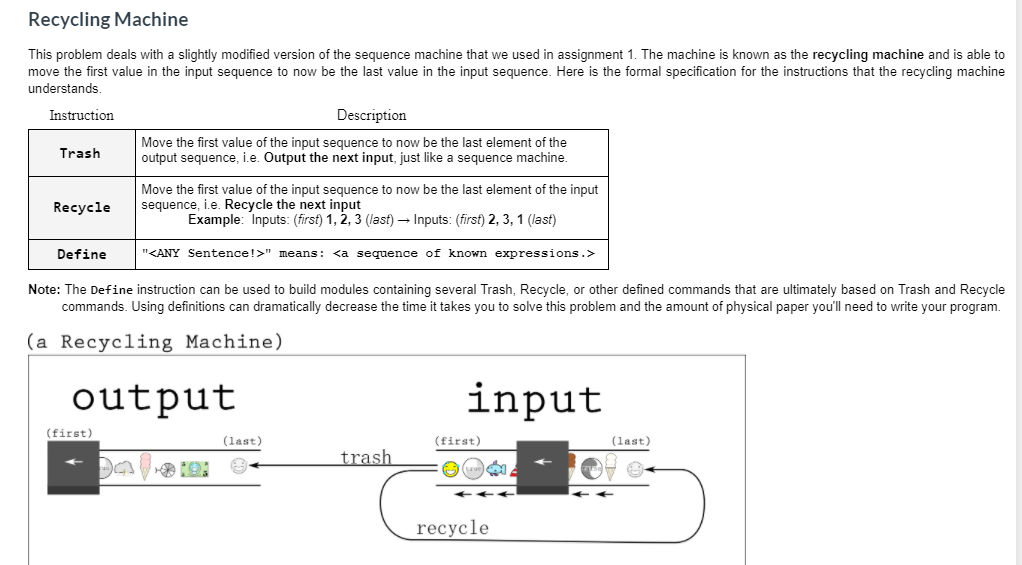
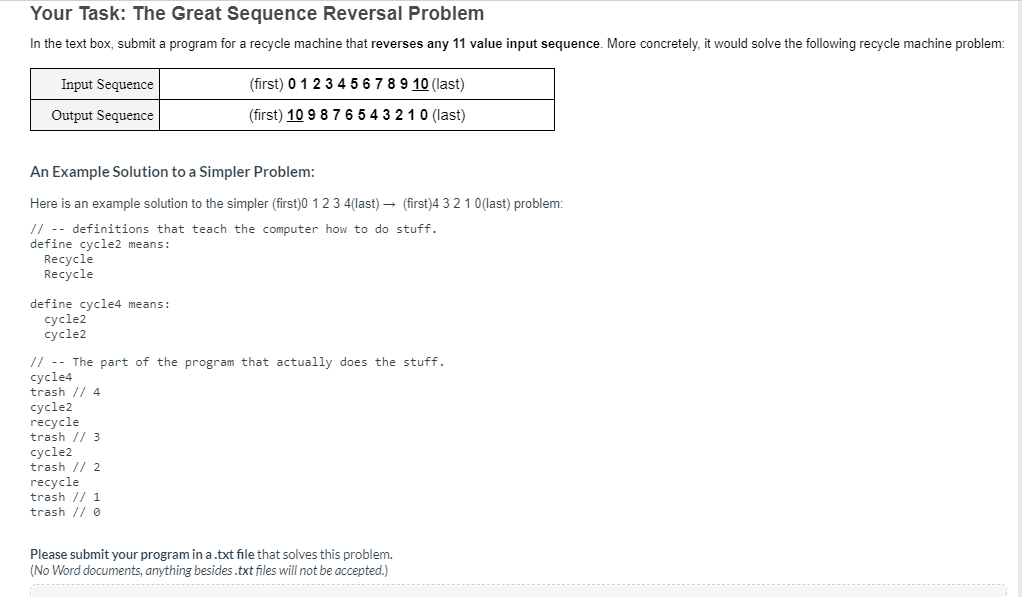
QUESTION 6
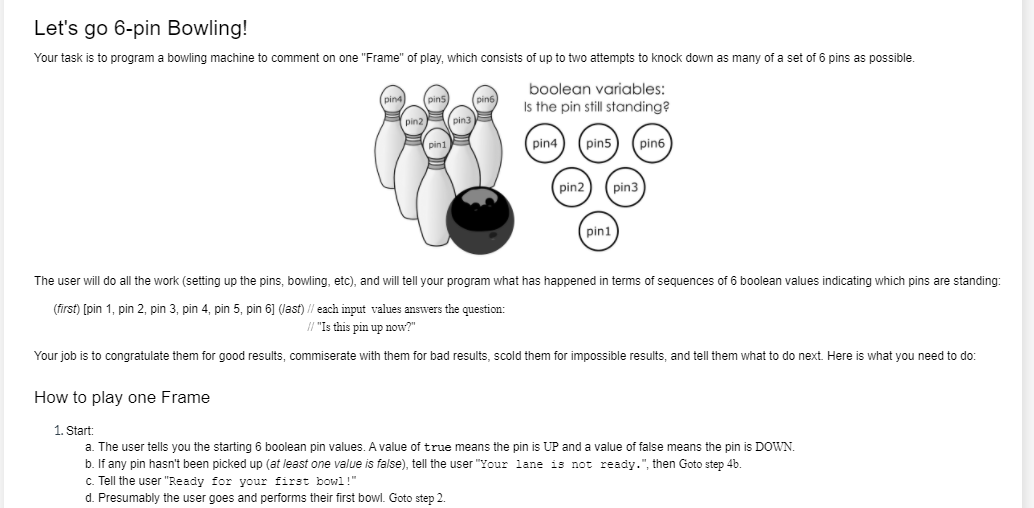
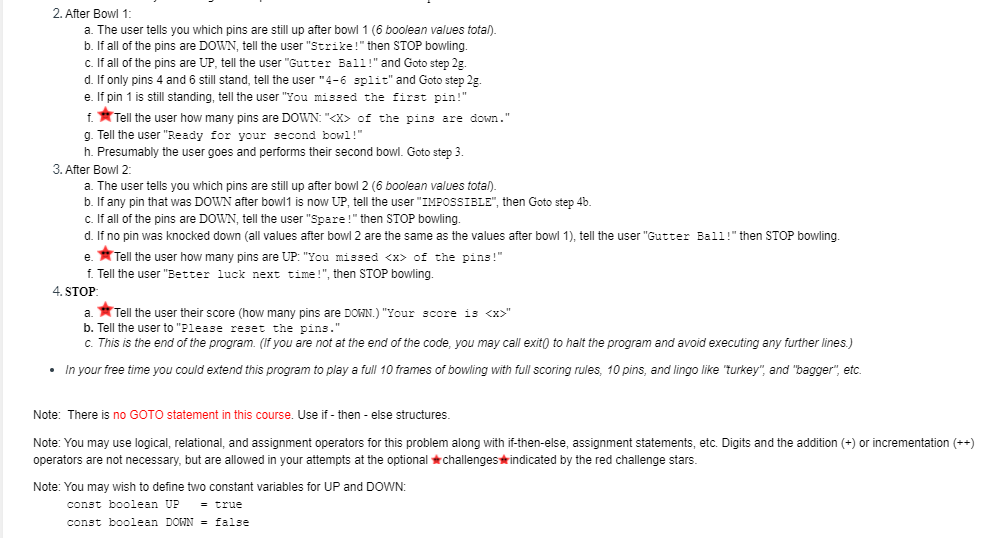
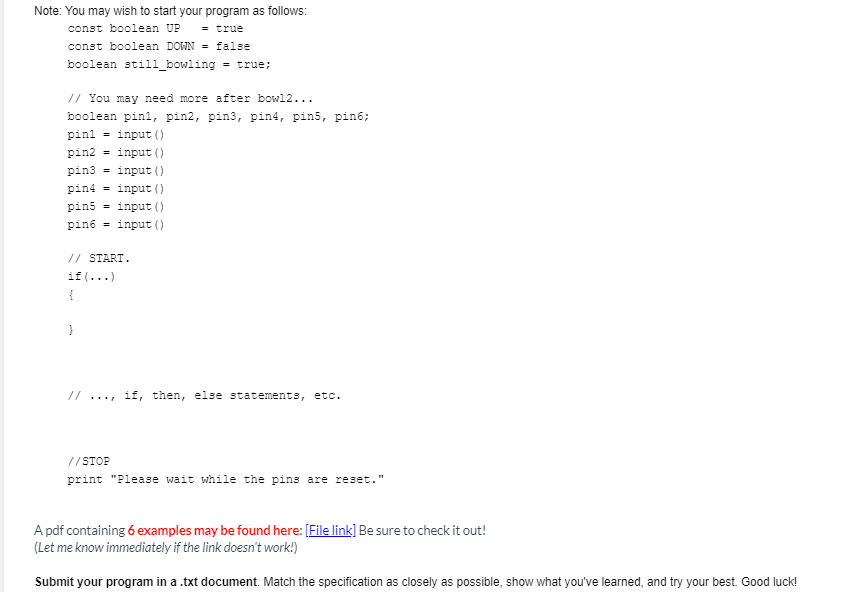
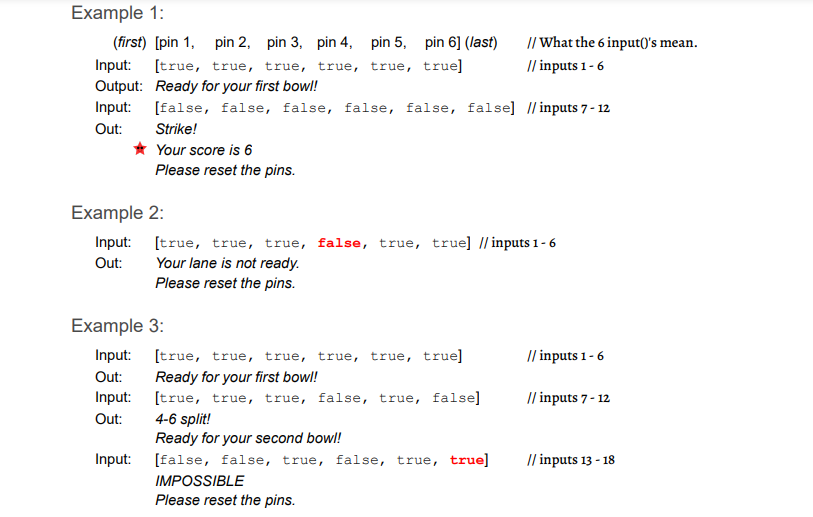
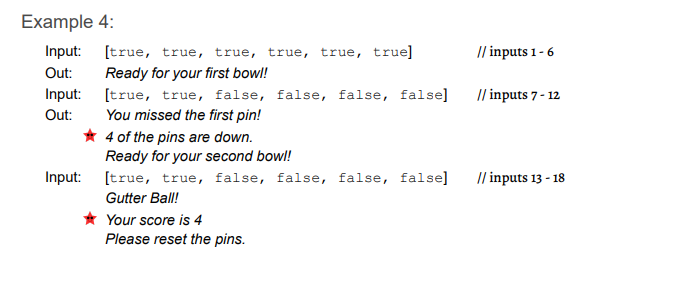
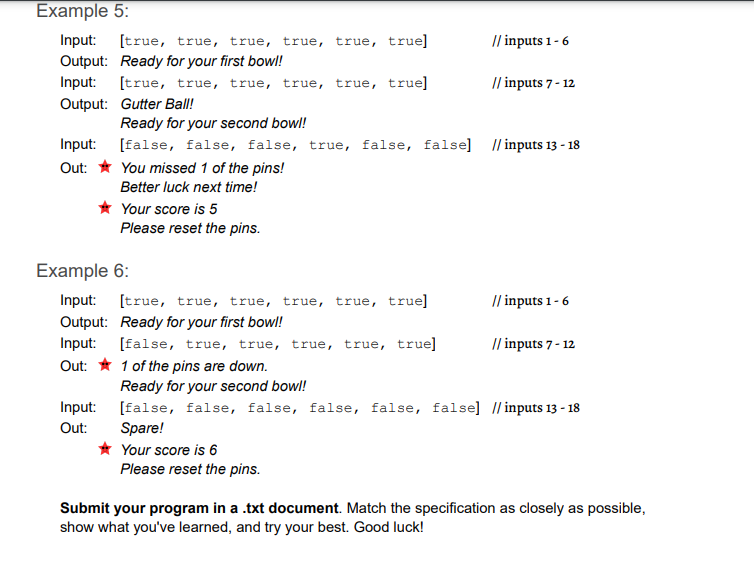
QUESTION 7
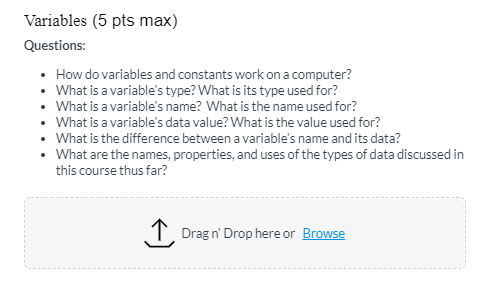
QUESTION 8
